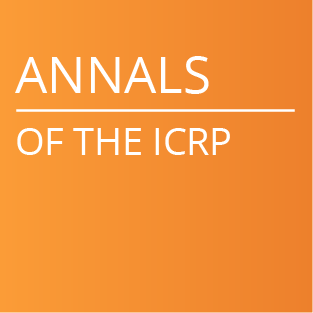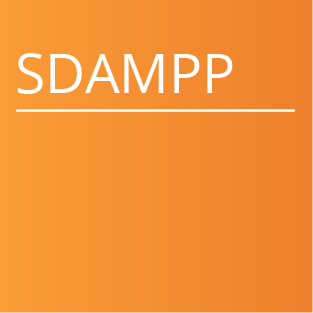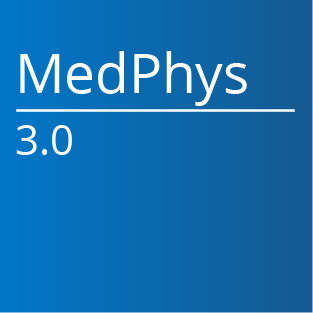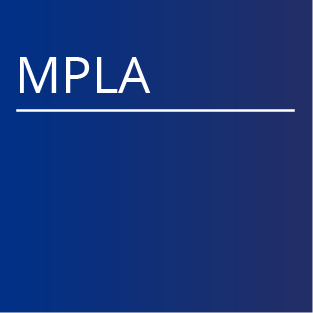Career Advice:
Why you should write thank-you notes
By: Alaina G. Levine
Dear Reader,
Thank you so much for the opportunity to work with you through my career columns. I have greatly enjoyed writing them and look forward to sharing new insights into achieving your professional goals. I especially appreciate the time you take to read my pieces and give your feedback, as I always endeavor to improve. Please let me know if there is a topic that you would like me to address in a future article. Thanks again—it has been a genuine pleasure to serve as your career-advancing ally!
All the best, AlainaWith this simple note, I have demonstrated one of the most important actions a professional, indeed, any person, can take: expressing appreciation to another party for assistance and attention. I have thanked you for spending your treasured time on something that I hope you think is valuable.
Thank-you notes should not be avoided or postponed. If someone helps you, whether by spending a few minutes discussing their industry and employment trends, introducing you to someone via email or LinkedIn, recommending you for a job or an award, or formally interviewing you for a position, you need to send them a note of appreciation. You must let that person know that you also consider the time, energy, and information expended on you to be precious.
Although it may be a foreign concept for some scientists and engineers, sending a thank-you note can build and solidify relationships, and can even be the action that sets you apart from the crowd jockeying for a particular position.
For example, 14 years ago, I attended a conference in New York City. After the speaker completed his address, I approached him and introduced myself, thanked him for his talk, and asked him a short follow-up question. I asked him for his business card and inquired if I could contact him again about this subject at a later date. On the plane ride home, I hand-wrote a thank-you note on stationary. I sent it to him within 24 hours of landing. Remarkably, the gentleman emailed me a few days later to thank me for the thank-you. That one conversation and the thank-you note set the tenor for our partnership. As a result, he has provided me access to networks that I would not have known about or been able to infiltrate.
That was one example of an exchange (I send hand-written thank-yous through the mail, and get a thanks in return) that happens for me fairly frequently. Why? The reason varies:
- In this day and age, very few people know to send notes of gratitude at all, whether on paper or via email, and even fewer do so on stationary.
- Very few people realize that the act of expressing gratitude is an important element of being a professional, no matter your vocation.
- Few scientists and engineers expect to receive thank you notes, so when they do it is a pleasant surprise.
Thank-you notes are part of a typical business school curriculum. Business students, especially those who want to be continuously successful in sales, learn to send thank-you notes to clients and potential clients. But scientists and engineers are not taught the practice. Furthermore, since scientists and engineers often don’t view their endeavors as a business enterprise, they don’t consider thank-you notes part of the cultural norm of their discipline. Knowing the culture of the organization or community you wish to access is important because it helps you determine what kind of note to send. And take “note”: I didn’t say whether to send a note or not. You should always send a note. But different cultures dictate different ways of doing so.
For example, I recall delivering the message to send a thank-you note after having a “meaningful professional engagement” to postdocs and graduate students at a STEM conference a few years ago. A number of the scientists immediately protested that they would never “bother wasting someone’s time” with a note of gratitude, and that such an action would only demonstrate that they were trying to “suck up” to the recipient. One person even conjectured that writing out a note on stationary was tantamount to polluting the environment since it was an “unnecessary use of paper.”
That was faulty thinking, I explained. The recipient, whether the head of a prestigious laboratory or observatory, or an early-career scientist herself, is (for the most part) a human being. And human beings like to be thanked for helping another human being out.
Depending on the circumstance and the field of science and engineering, an email thank-you may suffice, and may even be preferable. For example, if the addressee works for the US federal government, I would email my gratitude, since post is unreliable due to increased security measures. In addition, I would email a high-level organizational leader, who is not likely to open his own mail.
For a job interview thank-you note, I advise emailing within 24 hours of the interview. This is an almost foolproof way of expressing gratitude, since it ensures that the interviewer knows you are committed, not only to the job and organization, but to the elements of professionalism (like punctuality) associated with your industry. In many cases, I follow up with a hand-written note as well.
If someone takes the time to give me an informational interview, whether on the phone, Skype, or in person, I often send both. In the email, I detail our discussion and I follow up on points we may have discussed in our meeting. In the hand-written note, I simply express my appreciation and share that I am looking forward to working with the addressee in the future.
Some tips about thank you notes:
- Always confirm your contact’s correct mailing address and email address.
- Take stationary and stamps with you when you travel (especially to conferences and job interviews). I write thank-you cards on the airplane and mail them from the airport’s mailbox.
- Include your business card in the note. Even if your recipient already has one, it doesn’t hurt to include another.
- Keep track of your thank-you notes, just as you should for all of your networking activities. You can do it with contact management software, but I also find it helpful to simply note in my dayplanner those to whom I sent thank-you notes that week. The habit allows me to keep track of what kind of correspondence I have with collaborators, which is especially important at the beginning, when every interaction you have is critical to the tone of the long-term relationship. You also don’t want to forget that you already sent a note and accidently send another one!
- Send a note immediately, within a day, or no later than a week after the meaningful engagement.
- Send a thank-you note after someone does anything significant on your behalf: a letter of recommendation, a referrals to a job lead, or a nomination for a leadership or committee position.
Thanks again for taking the time to read my column. I greatly appreciate your enthusiasm and look forward to partnering again in the future!
Alaina G. Levine is a science and engineering writer, career consultant, and professional speaker and comedian. Parts of this column appear in Networking for Nerds (Wiley), Levine’s newly published book on networking strategies for scientists and engineers. She can be reached through her website www.alainalevine.com or on Twitter at @AlainaGLevine.



















